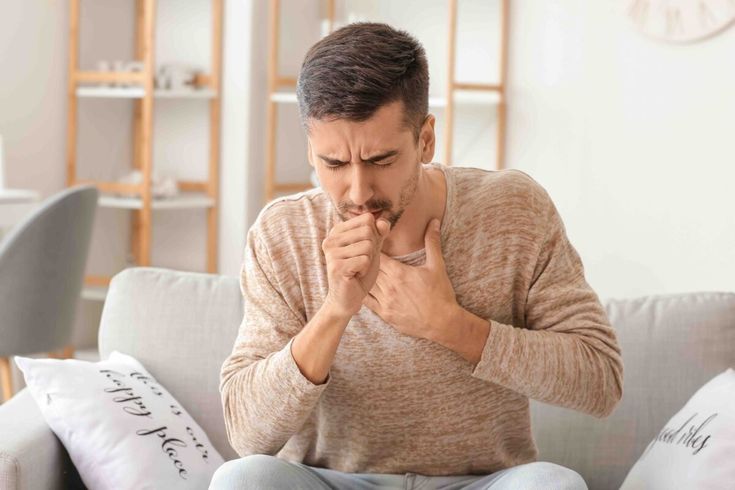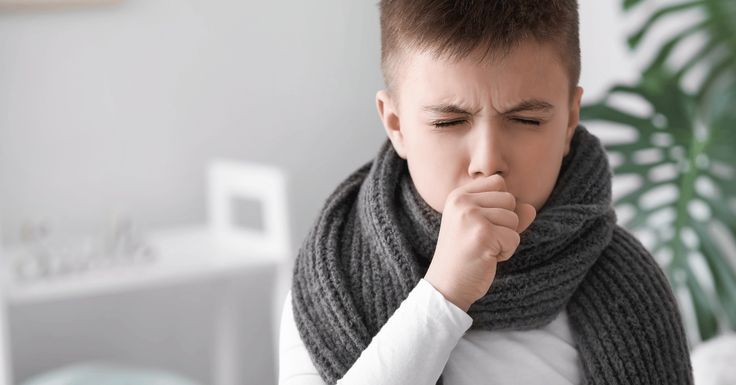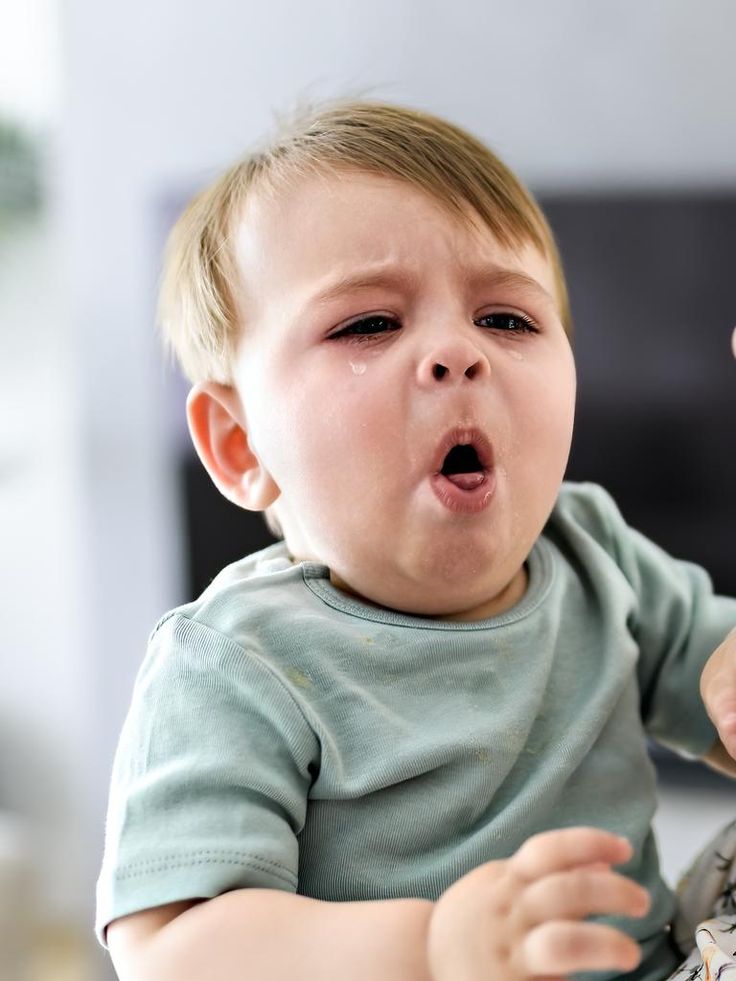
Whooping cough is another term used for the serious lung disease commonly known as the illness pertussis. The infection spreads easily from one person to another through sneezing or coughing.
Patients with the described illness would experience a feeling of being unable to breathe while coughing for longer periods. Some patients make a “whooping” sound while they take their breath after coughing. This illness can be relatively deadly to infants and toddlers due to their inability to combat the infection to ensure that it stays healthy.
In this report, we discuss why people catch whooping cough, how a medical professional would cure it, and the best prevention methods for this disease.
Causes of Whooping Cough
Some bacteria Bordetella pertussis that causes whooping cough. In fact, one enters the body when sneezing or coughing. Their sizes are microscopic; they become suspended in air, and that settles at some mouth or nose. When introduced inside the body of a person, they affix themselves into the lining covering the throat as well as in the lungs, start producing poisonous which causes soreness and congestion.
Symptoms of Whooping Cough
The symptoms of whooping cough happen in three stages:
Early Symptoms (Catarrhal Stage)
- The first signs look like a common cold.
- A runny nose, mild cough, and sneezing start.
- The person may have a low fever.
- This stage lasts 1 to 2 weeks.
Severe Coughing (Paroxysmal Stage)
- Severe coughing fits begin.
- Coughing may be so strong that it causes vomiting.
- After coughing, a person may make a “whooping” sound when breathing in.
- The cough may get worse at night.
- This stage lasts 1 to 6 weeks but can be longer.
Recovery (Convalescent Stage)
- The cough slowly gets better.
- Coughing fits become less severe and happen less often.
- This stage lasts 2 to 6 weeks, sometimes longer.
How Doctors Diagnose Whooping Cough?
Doctors check whether he has whooping cough or not based on symptoms and history of the patient. They ask for his contact about whether he comes in contact with a person that has a horrible cough. On diagnosing doctors listen to patient’s cough, respiration by him.
Other than that doctor might take tiny swab specimen from the nasal cavity or oesophagus to test out the bacteria who cause whooping cough. Doctors sometime take a blood test to check whether there are symptoms of an infection. There could also be a chest X-ray needed so that doctors can see if the lungs have been affected or not.
There should be an early diagnosis by doctors so that treatment can begin as soon as it is possible. This tends to make the patient relatively feel better while preventing the diseases from spreading and infecting most vulnerable babies, especially young children.

Treatment Options for Whooping Cough
Many treatments for whooping cough exist depending on the age and health of the patient. More serious cases differ in their treatment by offering the patients home care and care at a hospital. Generally, doctors provide antibiotics to destruct the bacterium causing the disease.
Taking in antibiotics makes it take effect during the first stages of the disease. In addition, they can halt the disease from transferring to other people. Home care is also crucial for recovery. Patients should rest well to help their bodies recover from the disease. Drinking water, soup, or juice prevents dehydration, and use a humidifier or take warm showers to help with breathing.
Small meals prevent vomiting after coughing, and smoke, dust, and pungent smells should be avoided since they can worsen coughing.
In severe cases, babies and small children may require hospital care. Doctors will administer oxygen if the child is having difficulty breathing, and fluids may be given intravenously to avoid dehydration. In critical situations, a breathing machine could be used.
Who Is at Risk?
Anyone can get whooping cough, but some people are at a higher risk:
- Babies younger than 6 months old (because they are too young for all their vaccines)
- Young children who have not had all their shots
- Pregnant women
- Elderly people
- People with weak immune systems

Complications of Whooping Cough
In newborns, geriatrics, or immunocompromised patients, whooping cough is dangerous and can lead to complications such as pneumonia, convulsions due to lack of oxygen, emaciation by vomiting, or even fractured ribs from severe hacking. The disease can also be fatal if it occurs among young infants in rare cases.
How to Prevent Whooping Cough
Vaccination is the best prevention against whooping cough. Vaccines are a kind of protective cover that prevents infection by whooping cough in an individual. DTaP vaccine is given to babies and toddlers in five separate doses at respective ages. Booster shots in preteens and adults include Tdap.
Tdap should be given to pregnant women in their third trimester to pass antibodies to their infant. Besides vaccination, hygiene practice can be the best prevention to stop the disease from spreading.
Washing your hands often with soap and water, covering your coughs and sneezes with a tissue or the elbow, and avoiding people who are sick are very important habits. Cleaning surfaces like doorknobs and toys also helps in preventing the spread of germs.
When to See a Doctor
One of the essential actions to take if the child is less than three months old and has a cough, though it is quite mild, is to see a doctor. Babies are more prone to serious illnesses from whooping cough. Other causes to visit a doctor include when the cough persists for more than two weeks or starts to worsen instead of improving.
One should contact a doctor if they cannot breathe, begin to vomit when coughing, or feel extremely weak. Another sign of a serious condition involves the lips, face, or fingertips becoming bluish during a coughing fit. That is an indication that their body lacks oxygen and requires immediate medical assistance.
The sooner the individual contacts his or her doctor, the less significant the problems may be with recovery and how much easier and less painful it will be.
Conclusion
Whooping cough is a highly infectious disease; this is a condition caused by bacterial infection usually, which in its course always follows with intense severe fits of coughing.
Although antibiotics and home care will contribute to better recovery, prevention comes with the act of immunization. Good hygiene and avoiding other sick people may also prevent further spread of this disease. Its risk factors are most common among babies, elderly people, and unvaccinated individuals.
Should trouble breathing or worse coughing symptoms arise, go to the nearest doctor. Indeed, staying educated and taking simple preventive measures prevents whooping cough in us, as well as others.
FAQs (Frequently Asked Questions)
1. What is whooping cough?
It is a serious bacterial infection that attacks the lungs and airways and is also called pertussis. It has severe coughing fits that prevent breathing.
2. How does whooping cough spread?
When infected, whooping cough spreads via droplets when a person sneezes or coughs into the air and can also occur by touching some surfaces contaminated by the bacteria before touching the nose or mouth.
3. What are the early signs of whooping cough?
In the early stages, whooping cough looks like a common cold. Symptoms include a runny nose, mild cough, sneezing, and a low fever.
4. What are the main symptoms of whooping cough?
- Severe coughing fits that can last for weeks
- A “whooping” sound when breathing in after coughing
- Vomiting after coughing
- Coughing that gets worse at night
5. Can adults get whooping cough?
Yes, adults can get whooping cough, especially if they were not vaccinated or their immunity has weakened over time.
6. Can you get whooping cough more than once?
Yes, having whooping cough once does not give lifelong immunity. A person can get it again, so vaccination is important.
7. Is there a cure for whooping cough?
There is no instant cure, but antibiotics can help stop the spread. The body needs time to recover, and home care plays an important role in healing.

